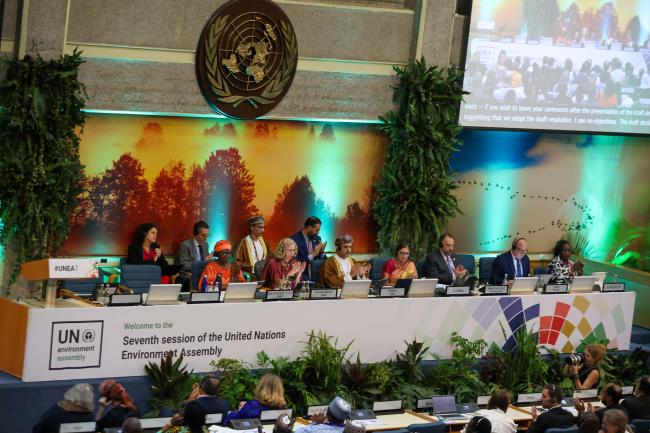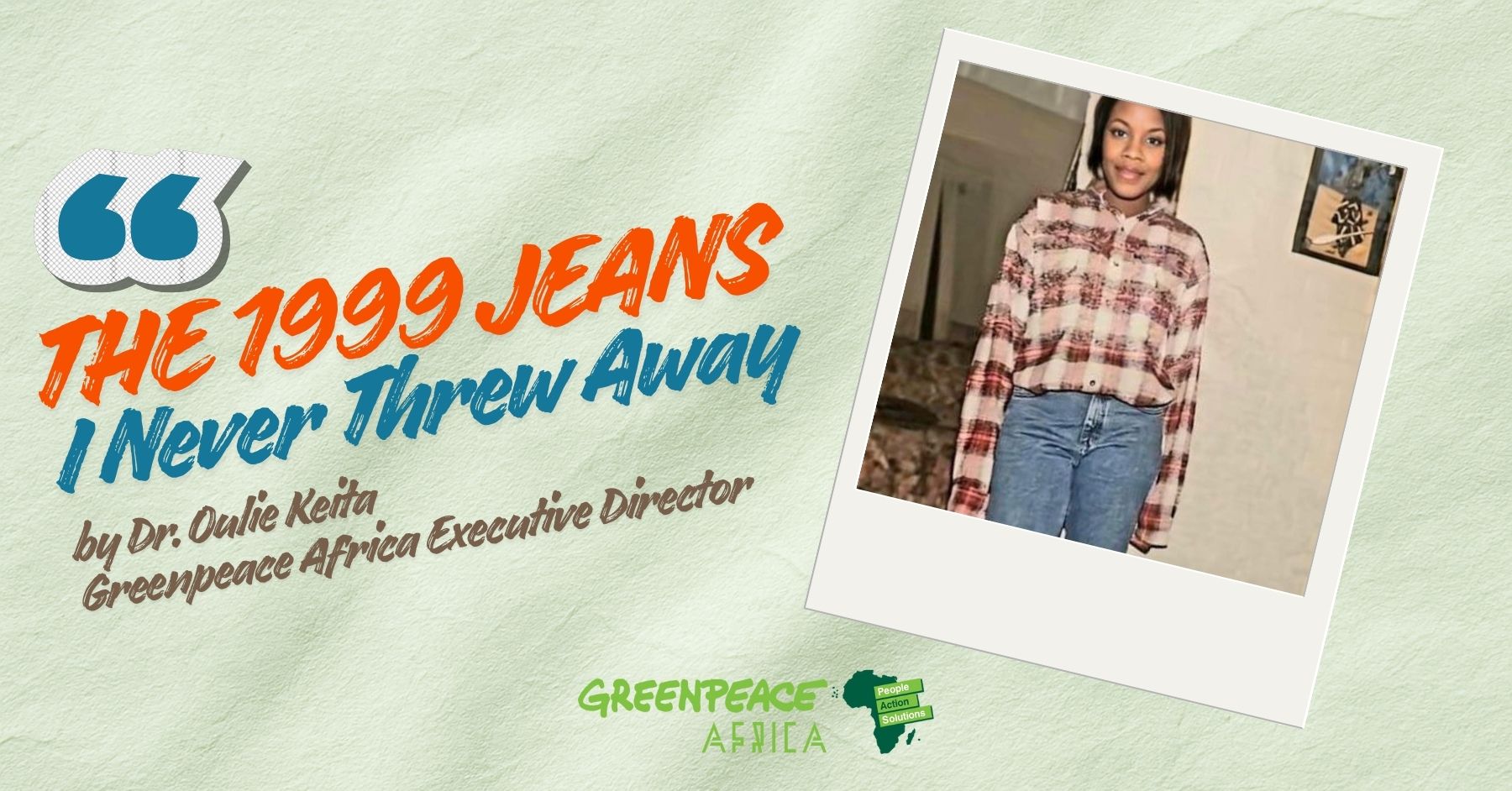Johannesburg, South Africa’s economic powerhouse, is in the throes of a worsening water crisis that threatens its very essence. Although climate change and drought contribute to the situation, the heart of the problem lies in a crumbling infrastructure, poor governance, and mismanagement of resources.

Johannesburg’s water infrastructure is buckling under decades of neglect. With leaking pipes, burst mains, and failing treatment plants, nearly half of the supply disappears before it even reaches consumers. In certain areas, prolonged outages have become the norm, forcing residents to depend on expensive water tankers or, in desperate cases, unsafe sources.
The impact is felt most acutely in hospitals and schools, where clean water is essential for hygiene and disease prevention. Without reliable access, the risk of waterborne illnesses (such as cholera and typhoid) rises sharply, particularly in vulnerable communities. The crisis is no longer just about inconvenience – it is a full-scale public health emergency.
In addition to crumbling infrastructure, Johanessburg’s water crisis has been worsened by political instability. With seven mayors in just three years, the city’s leadership has been constantly in flux, making long-term planning nearly impossible. The frequent changes have led to policy inconsistencies, delays in critical projects, and a lack of accountability in managing the city’s water resources.
On top of poor governance, corruption has further eroded Johannesburg’s water management system. Reports of misallocated funds and questionable procurement deals have diverted resources from much-needed repairs and upgrades. During the COVID-19 pandemic, billions of rands were linked to corrupt deals – funds that could have helped prevent today’s crisis.
Johannesburg’s water crisis extends beyond its city limits. The Vaal River, a critical water source for millions, is increasingly polluted due to sewage spills, industrial waste, and failing infrastructure. Over-extraction of groundwater is further straining reserves, leading to declining water tables and long-term sustainability risks. Without urgent intervention, Johannesburg could be on the path to an environmental catastrophe.
Reversing the crisis requires a multi-pronged approach:
- Infrastructure rehabilitation: immediate investment in repairing and modernizing Johannesburg’s water systems is essential to curb losses and improve efficiency.
- Better water management: enhanced monitoring, early leak detection systems, and strict conservation policies can help secure existing resources.
- Stronger governance: transparent policies, anti-corruption measures, and appointing qualified professionals to key infrastructure roles are critical steps toward stability.
- Public awareness: educating residents about water conservation and ensuring equitable distribution can create a more sustainable future.
If these issues remain unaddressed, Johannesburg risks far more than just dry taps. The city’s economic strength, public health, and environmental stability hang in the balance. Ensuring access to clean, reliable water is not just an infrastructure challenge – it is a fundamental human right that demands immediate action.
Siyabonga Myeza,
Climate & Energy Campaigner, Greenpeace Africa



